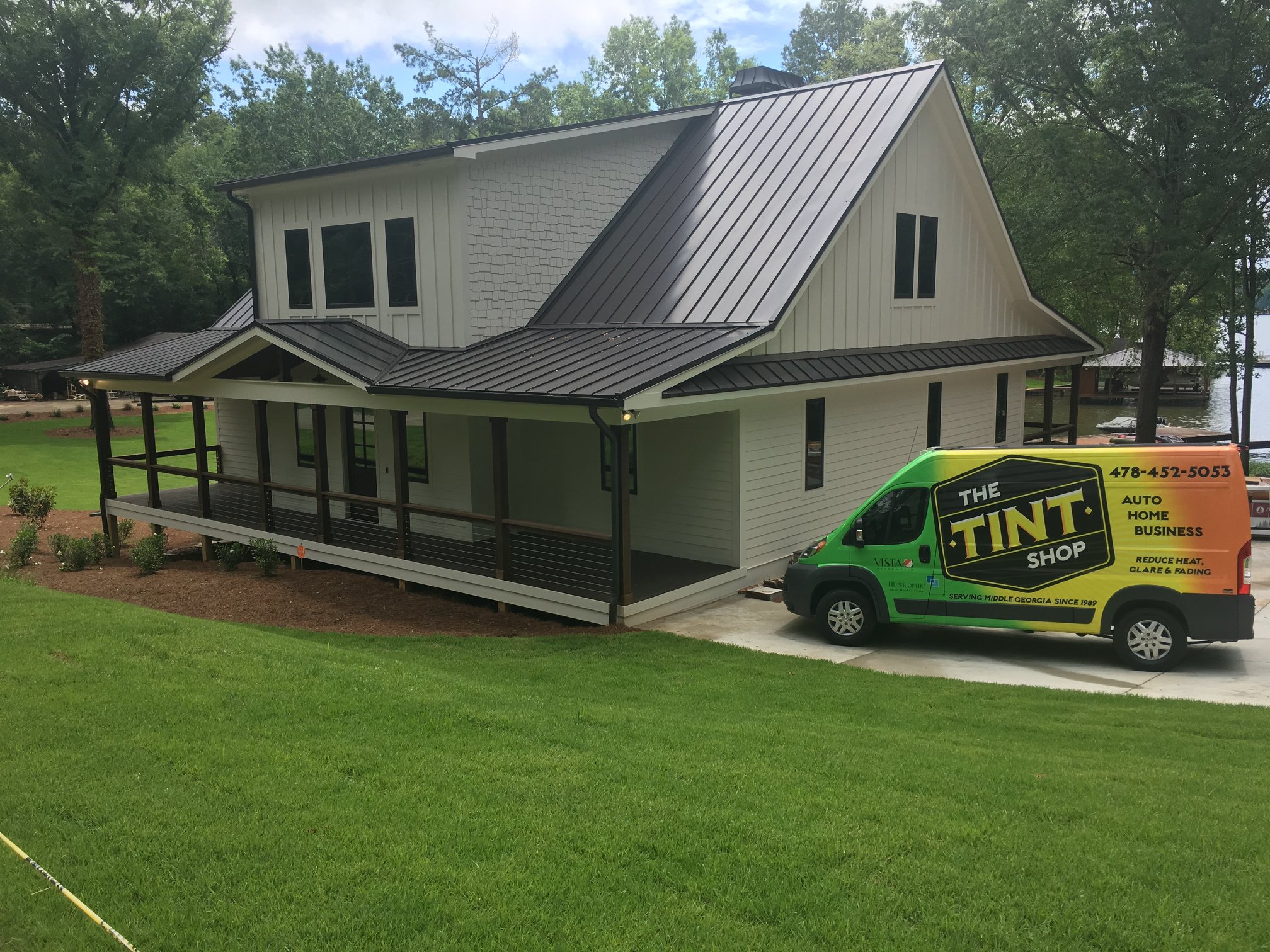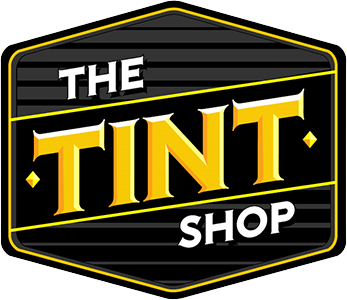Residential Tinting

Should I Get My Home's Windows Tinted?
What are the benefits of tinting my windows?
Protect Against UV
Keep your furniture, carpet, and family safe from harmful UV rays which cause fading and damage.
Improve Privacy
Worry about nosy neighbors no more! Tinting provides you with a 24/7 privacy solution for your home.
Reduce Glare
Sometimes to get that beautiful view you have to deal with glare. Enjoy the view and save your eyes with window tinting.
Save Money
Applying today’s state of the art premium window films can block up to 65% of heat. This keeps you from running the air conditioning all day and saves energy costs.
Our products have a lifetime residential warranty that covers labor and materials. 100%! *
Proud Installer of

Hüper Optik is the smarter choice for your residential solar control needs. When you want to have comfort and UV Protection, paired with high performance and great aesthetics for your home, the choice is clear. Hüper Optik.
Hüper Optik nanotechnology residential window films not only greatly reduce the amount of heat (solar energy) in your home, they also reject 99.9% of the sun’s ultraviolet rays. These ultraviolet rays are a significant cause of skin problems and fading of home interiors. While protecting valuable home furnishings, the nonreflective films have the added feature of low reflectivity at night so that the view is not obscured.
The layer of film also provides an additional level of safety by keeping glass fragments together in the event of accidental breakage.
Ceramic Series
The first and only patented Nano-Ceramic window film available.
Hüper Optik researchers developed an advancement in high performance coatings through Nano-Ceramic technology. This advancement stunned the industry and allowed Hüper Optik to patent its technology in 1998. The German technology improved performance and quality beyond other solutions.
By using advanced Ceramics with Spectrally Selective technology, Hüper Optik was the first and only patented Nano-Ceramic Window film available.
Select Series - DREI
The highest performing, non-reflective film in the world.
Hüper Optik has developed spectrally selective technology to create a multi-layer filter that separates the sun’s heat, light, and UV rays to provide comfort without compromising your view.
By using Nano Technology, they were able to use precious metals, silver, and gold, to allow in the maximum amount of light, but reject the maximum amount of heat without increasing the visual reflectivity of the glass. This film rejects up to 70% of the heat and 99.9% of the UV rays.
Ceramic XR Plus Film
A fusion of green technology and energy efficiency.
Hüper Optik Fusion Films use a fusion of technologies of performance, aesthetics, neutral tones, and sustainability: providing the advantages of affordability and high heat rejection.
Fusion Films deliver privacy, comfort, and energy efficiency year round: reducing high energy bills, preventing temperature variances and hot spots, and rejecting infrared and ultraviolet light rays.
